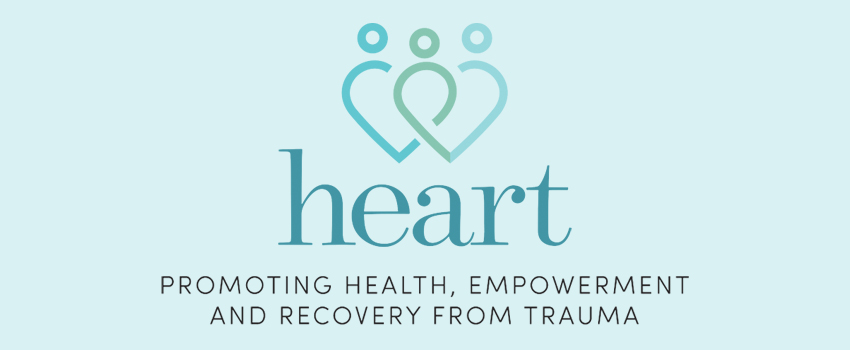FAQs

A sexual assault exam includes a comprehensive medical history with a thorough, head-to-toe physical exam. When a victim/survivor chooses to have evidence collected by way of a sexual assault evidence kit (SAEK), swabs are used to collect DNA evidence, photos may be taken of areas of injury, and other items, such as clothing, may be collected as legal evidence. Each of these steps is conducted or skipped as requested by the patient In a process of ongoing patient consent.
A sexual assault exam includes a comprehensive medical history and thorough physical exam, including genitalia as indicated and only with the victim/survivor’s consent. Medications are recommended for prophylaxis against STIs and pregnancy. Education is provided related to victim services, follow-up care, counseling, and safety planning.
A forensic evidence collection exam includes collection of the SAEK which encompasses a thorough physical exam with swabs to obtain DNA and other legal evidence, such as clothing, may be collected. Documentation of the victim’s account of the assault and forensic photography is completed, as indicated. Education is provided related to victim services, follow-up care, counseling, and safety planning.
The sooner the exam takes place after the assault, the better for evidence collection purposes. The current recommended time frame for evidence collection is within the first 5 days following the assault. In addition, it is important that you are evaluated by a certified medical professional, such as a SANE, for injuries, disease prophylaxis, and education. However, we encourage you to seek care no matter how long it has been since the assault, as there are many resources we offer that are not dependent on evidence collection.
You can obtain medical care and/or sexual assault forensic evidence collection at USA Children’s and Women’s hospital (insert address, linked to Google Maps) 24-hours a day, seven days a week.
No. Recognizing that expense may be a significant barrier to accessing services for students who experience sexual violence, all HEART services are provided at no cost to the victim/survivor. You may be given certain prescriptions as a result of your medical exam to prevent pregnancy and sexually transmitted infections. HEART is committed to ensuring you are able to receive the medications you need and is actively partnering with local organizations and national corporations to also cover medication-related expenses.
No. We recognize anyone can experience sexual violence, not just women. Services provided under HEART are available to ALL students and are delivered by HEART team members committed to respectful, culturally-responsive care.
No. The care you receive under HEART is provided by confidential campus resources (e.g., healthcare providers, advocates, and counselors). The information you share with members of HEART while you are receiving healthcare, advocacy support, and/or counseling services is 100% confidential*.
*if you or members of the greater campus community are at imminent risk as a result of the incident you experienced, HEART team members will be required to report the threat to law enforcement in order to protect South community members. Only details necessary to reduce risk to the greater community will be released.
You can choose to file a report with law enforcement at any time. There is currently no statute of limitations in Alabama for incidents of rape, violent sexual abuse, sexual abuse with the threat of violence, and any sexual abuse of a victim under the age of 16.
This website was produced by the University of South Alabama under 2020-V3-GX-0164, awarded by the Office for Victims of Crime, Office of Justice Programs, U.S. Department of Justice. The opinions, findings, and conclusions or recommendations expressed in this website are those of the contributors and do not necessarily represent the official position or policies of the U.S. Department of Justice.


